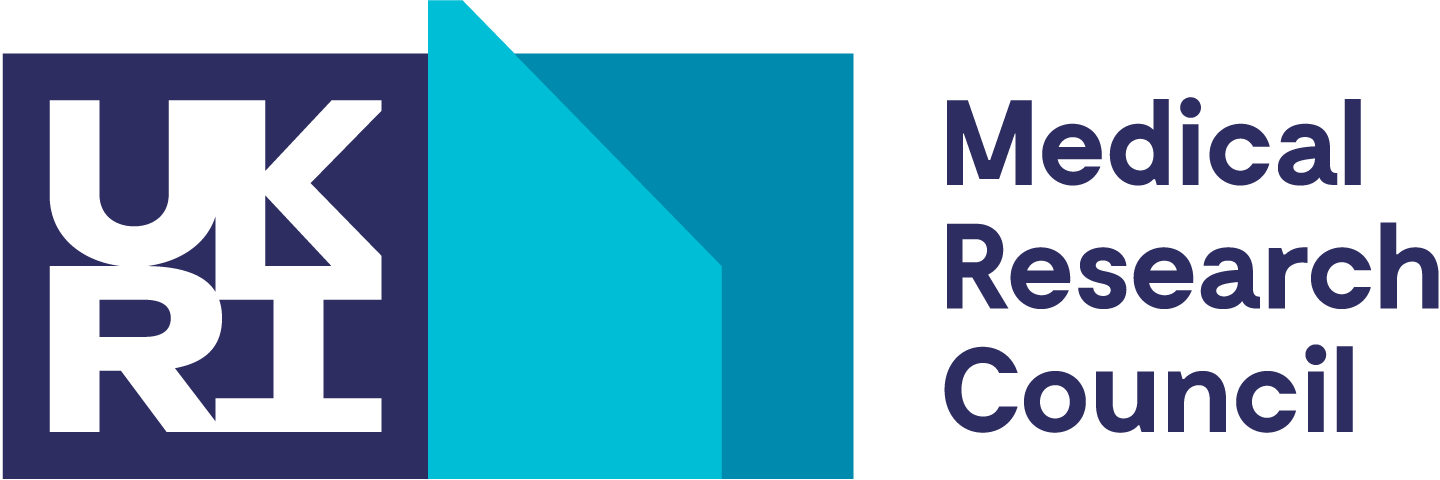
West of Scotland Twenty-07
Overview
Aims
The West of Scotland Twenty-07 Study is a population-based multi-cohort study which has followed three cohorts of men and women in the West of Scotland across twenty years. Set up in 1986, the study was designed to investigate the differences in health by socio-economic circumstances, gender, the place where people live, age, ethnic group and family type. Through tracking three cohorts of volunteers, each born roughly twenty years apart, the study provides data at critical points in the lifespan, as participants make the transition from adolescence to working life; through the main part of working life; and from working life to retirement. Additionally, the study was designed to explore the effect of the historical context of people’s lives on their health and circumstances by comparing the different cohorts at the same age at different points in time.
Institution
School of Health and Wellbeing, University of Glasgow
Geographic coverage - Nations
Scotland
Geographic coverage - Regions
Central Clydeside Conurbation, West of Scotland
Start date
1986
Catalogue record last updated
12/02/2026
Sample
Sample type
Accelerated cohort study
Sample details
The West of Scotland Twenty-07 Study followed three cohorts each born roughly twenty years apart, in 1932, 1952 and 1972. In the initial sweep, the cohort members were approximately 15, 35 and 55 years old. Cohort members were followed up three times, in 1990/1991, 1995, and 2000/2004, before the final sweep of data collection took place in 2007/2008, when the cohort members were approximately 35, 55 and 75 years old.
Each cohort comprises two distinct but connected samples: a regional sample and a localities sample. The regional sample is a two-stage stratified random sample of people living in the Central Clydeside Conurbation - a socially mixed and mainly urban area - and the localities sample is comprised of people from two areas within the city of Glasgow. The sampling frame used for the regional sample was Strathclyde Regional Council’s 1986 Voluntary Population Survey, an enhanced electoral register that provides details of the age and sex of all household members. The locality sample was designed for more intensive study of the relationship between people’s personal and health circumstances and the environment in which they lived. Ten postcode sectors in two areas of the city of Glasgow were selected purposefully to capture different socio-economic experiences and environments.
Sample size at recruitment
4,510 total
1,551 - 1930s cohort
1,444 - 1950s cohort
1,515 - 1970s cohort
Sample size at most recent sweep
2,580 total (2008 - Wave 5)
633 - 1930s cohort
994 - 1950s cohort
923 - 1970s cohort
Sex
All
Age at recruitment
15, 35, and 55 years
Cohort year of birth
1932, 1952, 1972
Data
Data access
Project proposal - contact study team
http://2007study.sphsu.mrc.ac.uk/Information-on-data-sharing.html
Genetic data collected
Linkage to administrative data
No
Key Papers
Cohort profile: West of Scotland Twenty-07 study: health in the community.doi.org/10.1093/ije/dyn213
Additional information
Website
2007study.sphsu.mrc.ac.uk
Related themes
Biomarkers,
Cognitive measures,
Diet and nutrition,
Education,
Housing,
Socioeconomic status and deprivation,
Loneliness and social isolation,
Migration and immigration,
Neighbourhood,
Physical health assessment,
Political and social attitudes,
Victimisation and life events,
Puberty,
Reproductive health,
Work and employment,
Parenting and family,
Sleep problems,
Social care - receipt,
Social care - provision,
Social care - need
Mental health measures timeline
Sweep name:
Cohort member age:
Data collection period:
Notes:
Physical health measures:

